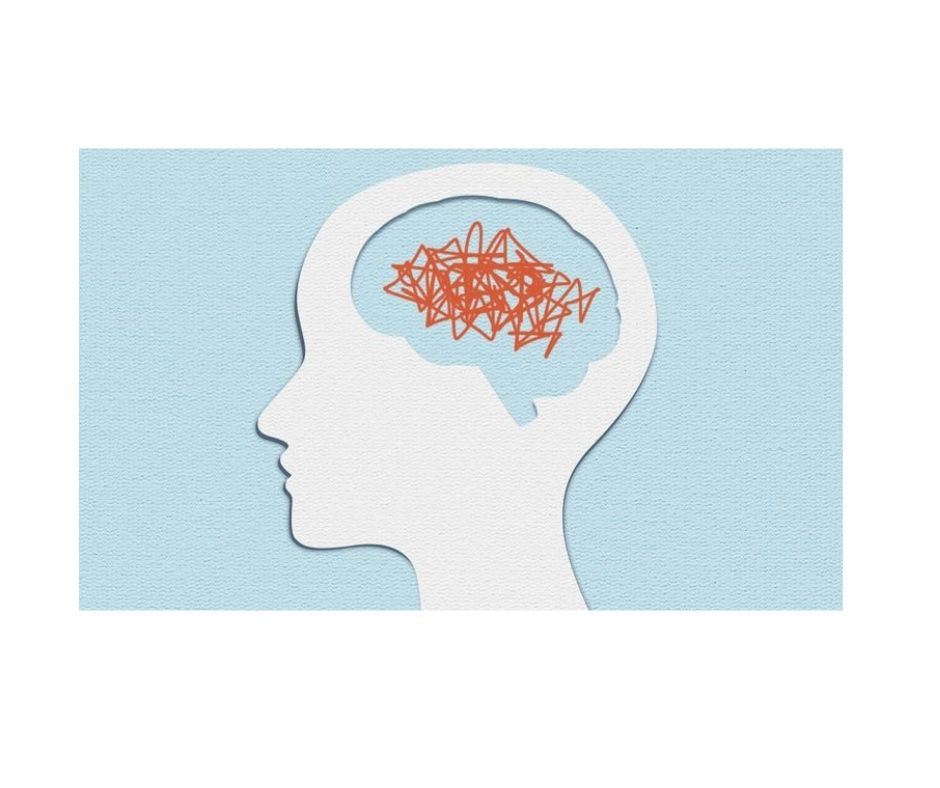Rachel Watt, Counsellor, reflects on anxiety and when it might become too much to manage
At MYPAS we are regularly contacted by people who are concerned about a young person’s mental health. One of the most common concerns we hear about is anxiety. It’s natural to experience anxiety and we all do from time to time, to greater and lesser degrees, but when is it too much, and how much is ‘normal’?
I often hear young people saying that what they are feeling or thinking is stupid, or they have nothing to be anxious about. They continue to dismiss what has happened because it seems so small. This can make it extremely difficult for a young person to open up about what they are feeling, because they expect you to think it’s silly too. But, they are still anxious.
If we focus on the cause of the anxiety, we can lose sight of the impact it is having. This is where the real problems usually lie. For many people anxiety is manageable. They know they feel uncomfortable or that they are worried about something – maybe a presentation, or job interview, but are able to carry on with their usual activities and complete the task they’ve been anxious about. For others in the same situation, these things have a much bigger impact. Some people become so anxious about a presentation that they are preoccupied with it and can’t focus on anything else. Their other daily activities stop and they submerge themselves in the presentation and the anxiety. Others will avoid the presentation altogether.
Common symptoms of anxiety are:
- Butterflies in your stomach
- Sweaty palms
- Faster heartbeat
- Nausea
When anxiety starts to have a bigger impact, young people may experience some of these (and other) symptoms and behaviours:
- Headaches
- Sleeplessness
- Reduced appetite
- Difficulty concentrating
- Missing school
- Avoiding friends
- Worried about being in crowded places
When anxiety gets to the point that it has an impact on your daily life, or your physical health, it has become too much to manage.
If you are noticing some of these symptoms, you can start to practice some mindfulness techniques. See https://www.mypas.co.uk/blog-mindfulness/ for an easy exercise. If things are feeling too difficult to manage, Counselling can help young people to open up about what they are experiencing and explore how they can move forward with coping strategies for their anxiety.
Rachel Watt, Counsellor






